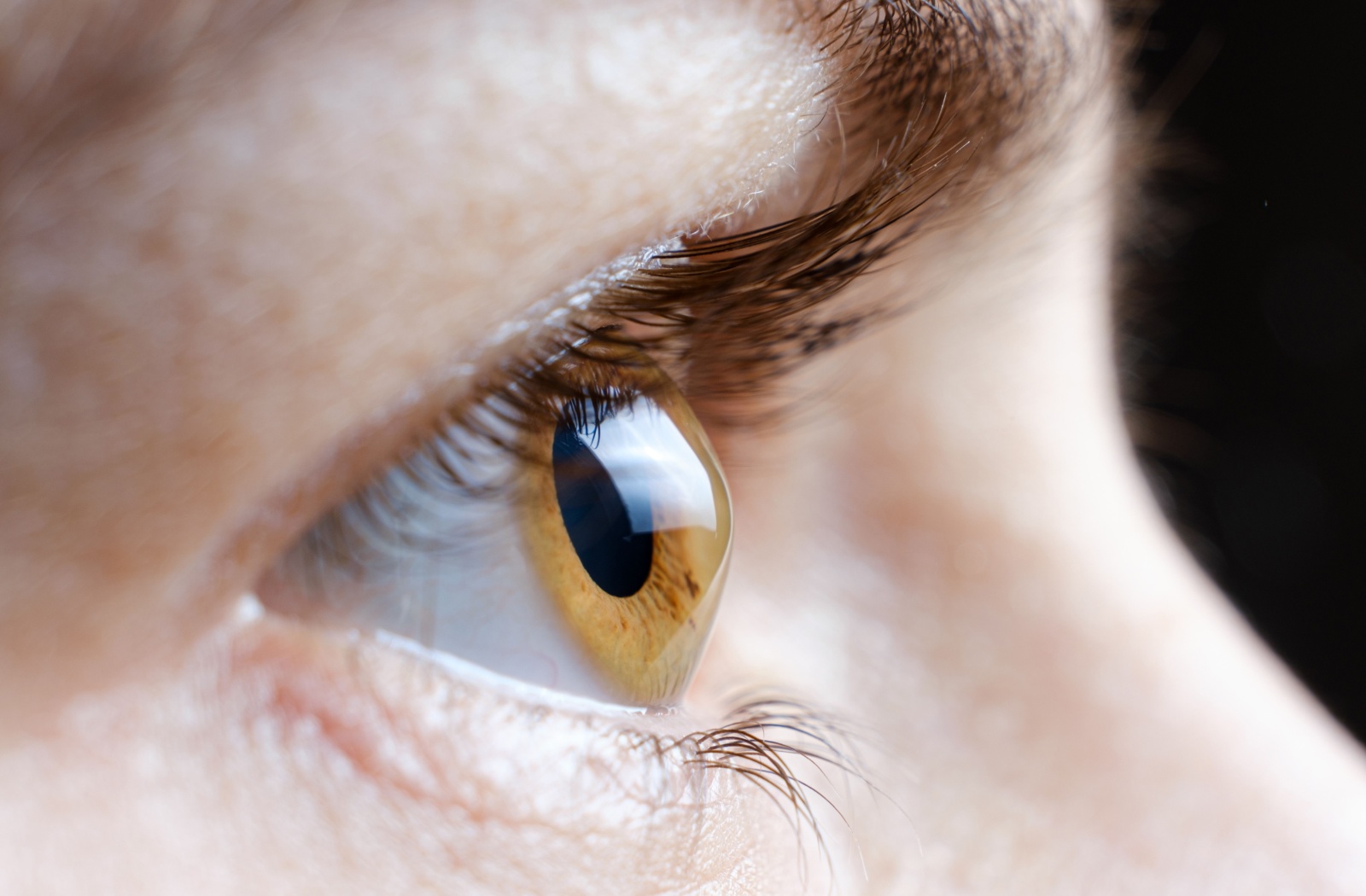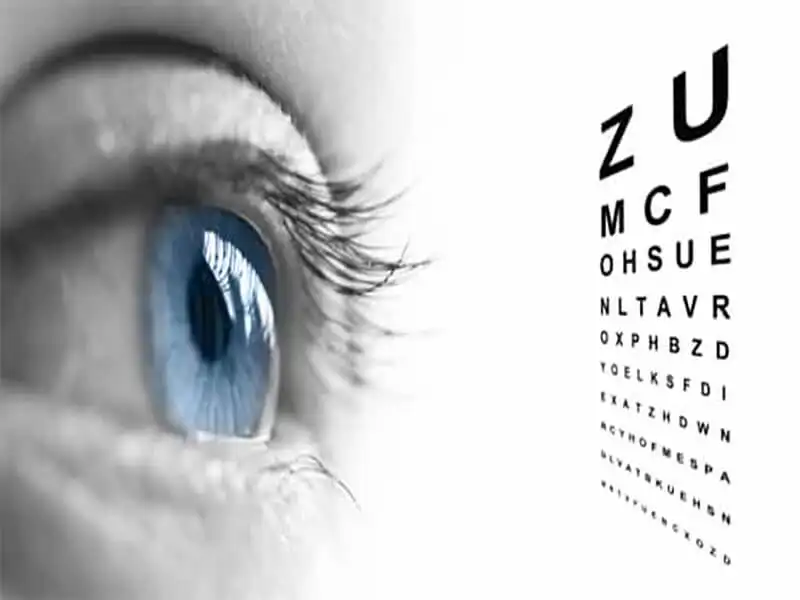All Categories
Featured

While lots of people recognize the significance of protecting their skin from the sunlight, the harmful results of ultraviolet (UV) rays on eye wellness often go overlooked. Nevertheless, excessive exposure to UV radiation can lead to a range of eye problems, a few of which can result in permanent damage. Whether you're taking in the sunlight on a summertime day or strolling outdoors on a cloudy afternoon, securing your eyes from UV rays is vital. Here's what you require to learn about the effects of UV radiation on your eyes and just how to secure them.
What Are UV Rays? UV rays are a kind of electro-magnetic radiation released by the sunlight. They are categorized into three kinds:
UVA Rays: These penetrate deep right into the skin and eyes and can add to lasting damages. UVB Rays: These rays are extra extreme than UVA and are largely in charge of surface-level damage to the eyes and skin. UVC Rays: These are the most hazardous but are primarily soaked up by the Earth's ozone layer and don't commonly reach us. UVA and UVB rays are the key perpetrators behind eye-related damages.
Short-Term Impacts of UV Direct Exposure on the Eyes. Also short-term direct exposure to extreme UV rays can hurt your eyes. One usual condition brought on by this is photokeratitis, or "sunburn of the eye." Symptoms of photokeratitis include:
Uncomfortable, red eyes. Sensitivity to light. Tearing or excessive watering. Short-lived vision loss or fuzzy vision. Photokeratitis is generally short-lived, but it works as a caution of just how destructive UV direct exposure can be, also in tiny doses.
Long-Term Results of UV Exposure. Long term direct exposure to UV radiation can bring about much more major and irreversible eye conditions, such as:
Cataracts: UV rays can speed up the formation of cataracts, a problem that triggers clouding of the eye's all-natural lens, leading to blurry vision and, if untreated, blindness.

Macular Deterioration: UV exposure can damage the retina, specifically the macula, boosting the danger of age-related macular deterioration (AMD), which impacts main vision.
Pterygium: A development of tissue on the white part of the eye that can prolong over the cornea, triggering pain, redness, and vision problems.
Pinguecula: UV exposure can trigger yellow-colored down payments to form on the conjunctiva, resulting in irritation and dryness.
Skin Cancer Cells Around the Eyes: The fragile skin bordering your eyes is highly vulnerable to UV radiation, enhancing the threat of skin cancers like basic cell cancer and squamous cell carcinoma.
How to Safeguard Your Eyes from UV Rays. Shielding your eyes from UV rays is easy and calls for a couple of conscious habits:
Spend in High Quality Sun glasses: Pick sunglasses that obstruct 100% of UVA and UVB rays. Search for labels that specify "UV 400" defense. Wrap-around styles are ideal as they obstruct UV rays from the sides also.
Put On a Wide-Brimmed Hat: A hat with a border at the very least 3 inches wide can considerably reduce UV exposure to your eyes and face.
Limit Direct Exposure During Height Hours: UV rays are best in between 10 a.m. and 4 p.m. If you must be outdoors throughout these hours, ensure you're properly safeguarded.
Do Not Be Fooled by Clouds: UV rays can penetrate via clouds, so it's crucial to wear sunglasses also on overcast days.
Shield Your Eyes Year-Round: Snow, sand, and water can reflect UV rays, increasing their results. Eye defense isn't just for warm summertime days-- guarantee you're covered in all periods.
Usage UV-Blocking Contact Lenses: Many get in touch with lenses currently include UV security. If you use get in touches with, ask your ophthalmologist regarding lenses with integrated UV filters for added protection.
Urge Eye Security for Children: Kid's eyes are extra delicate to UV rays because their lenses are clearer, permitting more radiation to get to the retina. Make certain they wear sunglasses and hats throughout exterior activities.
Routine Eye Exams. Routine examinations with an eye care expert are important for very early discovery of any UV-related damage. An optometrist or eye doctor can evaluate your eyes, suggest protective actions, and find problems like cataracts or macular degeneration early.
Conclusion. By using UV-blocking sunglasses, limiting sun direct exposure during optimal hours, and staying constant with eye exams, you can ensure your eyes remain healthy and your vision remains clear for years to come. Securing your eyes from UV radiation isn't just about comfort-- it's a crucial action in maintaining your long-term eye health.
Latest Posts
Learn How WyHy FCU Saves You Money on Borrowing and Banking
Find Montclare Auto Repair’s Leading Auto Repairs and Why Drivers Rely On Them
Why Chicago Drivers Prefer Montclare Auto Repair for Reliable Service and Significant Savings
More
Latest Posts
Learn How WyHy FCU Saves You Money on Borrowing and Banking
Find Montclare Auto Repair’s Leading Auto Repairs and Why Drivers Rely On Them
Why Chicago Drivers Prefer Montclare Auto Repair for Reliable Service and Significant Savings